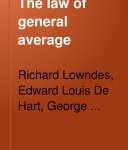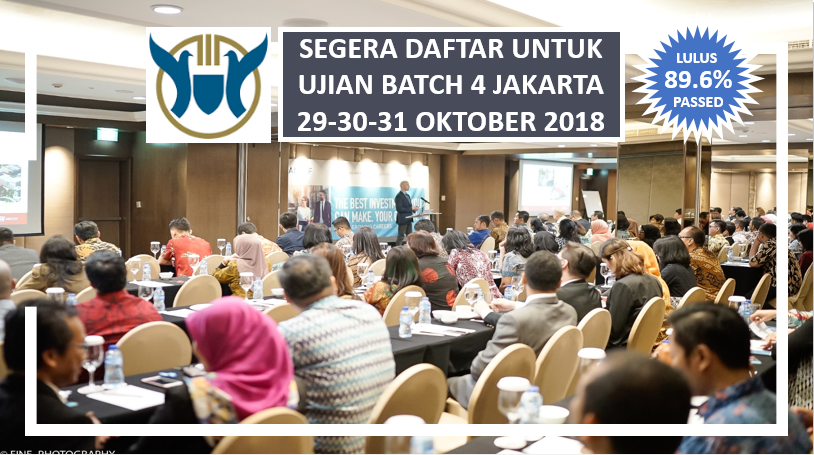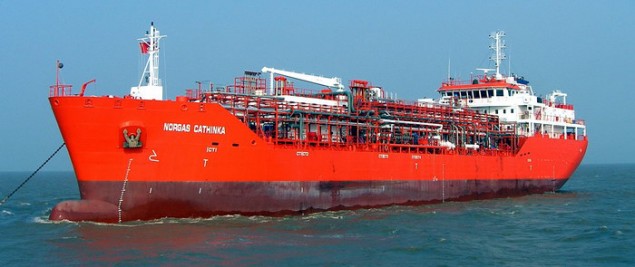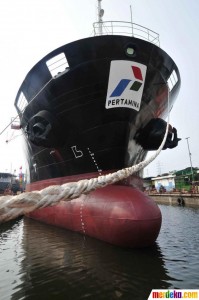What is a General Average (GA)?
- Sunday, October 30, 2011, 18:36
- Hull & Machinery, Marine Cargo
- 2 comments
A general average act is succinctly defined in Rule A of the York Antwerp Rules 1994 as follows:
“There is a general average act when, and only when, any extraordinary sacrifice or expenditure is intentionally and reasonably made or incurred for the common safety for the purpose of preserving from peril the property involved in a common maritime adventure.”
The Marine Insurance Act, 1906 of the United Kingdom defines “general average act” in virtually identical terms at sect. 66(2):
“There is a general average act where any extraordinary sacrifice or expenditure is voluntarily and reasonably made or incurred in time of peril for the purpose of preserving the property imperilled in the common adventure.”
The five component parts of a general average loss are therefore:
a) the sacrifice or expenditure must be extraordinary
b) the act must be intentionally and voluntarily and not inevitably
c) and reasonably made
d) the must be against a peril,
e) the action must be for the common safety in the common maritime adventure.
“That which has been sacrificed for the benefit of all shall be made good by the contribution of all”
source: A Guide to General Average (Richards Hogg)
About the Author
2 Comments on “What is a General Average (GA)?”
Write a Comment
Gravatars are small images that can show your personality. You can get your gravatar for free today!









terkait dengan artikel diatas, apakah perbedaan antara GA, small GA, and GA Absorption.
terima kasih
GA adalah seperti tersebut di artikel, Pak
Small Ga = GA Absorption = klausul GA di asuransi kapal (H&M) dimana polis H&M akan membayar kontribusi GA secara penuh tanpa menagih kontribusi yang harus dibayar oleh pihak lainnya (Cargo-interest) umumnya jika jumlah klaim GA tidak besar (small)
Pak Imam, mohon pencerahan, dalam hal kejadian klaim GA dibutuhkan Security Guarantee dalam nominal yg cukup besar & sekiranya memberatkan Asuransi, apakah ada semacam “surety” yg dapat diterbitkan oleh pihak pihak tertentu yg sementara Asuransi hanya membayar kontribusi premi untuk penjaminan tersebut ? jika ada siapa dan bagaimana mekanisme nya? Terima Kasih
“Average Guarantee” itu khan hampir sama dengan “Suretyship”
Perusahaan asuransi menerbitkan “Average Guarantee” – bukan mengeluarkan uang cash (kecuali kalo AG tidak bisa diterima ya?); baru kalo adjustment sudah selesai kontribusi yang seharusnya dibayarkan US$ sekian, barulah klaim dibayar (dengan duit tentunya)
Kalo perusahaan asuransi ngga sanggup menerbitkan AG dalam nominal yang besar ya sama saja perusahaan tsb tidak sanggup bayar klaim sebesar nominal tsb, ya jangan terlalu besar TSI nya yang diaksep disesuaikan dengan kemampuannya untuk membayar klaim (begitu seharusnya)